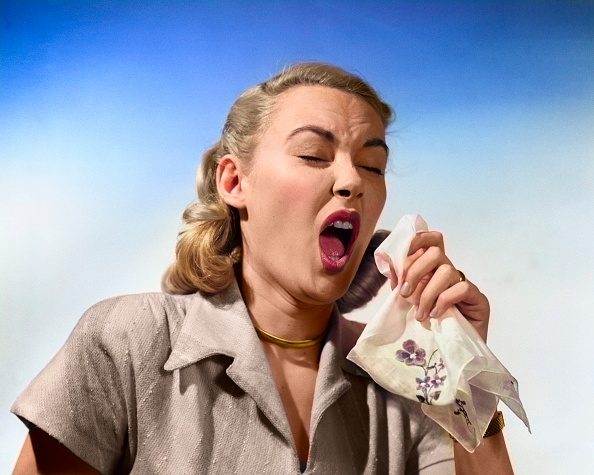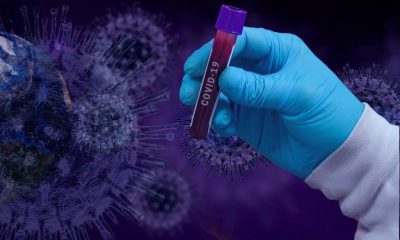There is reason to believe that sneezing could be a symptom of a COVID-19 infection, particularly one caused by the omicron variant in vaccinated people.
When Open Access Government listed the five most common signs and symptoms of an omicron infection earlier this month, the digital publication included sneezing as one of the tell-tale symptoms of COVID-19 among the vaccinated people.
Citing a ZOE study conducted across omicron and delta waves, the publication said that sneezing was found to be a symptom of a breakthrough infection among individuals who got vaccinated at least twice.
COVID Or Just A Cold?
There’s been a lot of confusion between sneezing as a sign of the common cold and a symptom of a SARS-CoV-2 infection. This was particularly true during the winter season when colds and allergies were on the rise.
But since the summer of 2021, the ZOE study has found that sneezing was becoming a more common symptom of the novel coronavirus. It was even the fourth most commonly reported symptom associated with the omicron variant.
The Centers for Disease Control and Prevention (CDC) never listed sneezing as one of the symptoms of COVID-19 even when omicron cases started to shoot up. However, the public health agency did encourage the public to get tested for COVID if they began sneezing more.
In addition, the CDC reiterated in its COVID-19 guidelines that everyone should always wash their hands with soap and water after blowing their nose, coughing, or sneezing to minimize the spread of germs.
So, Is Sneezing A COVID Symptom?
The ZOE study was a joint effort by researchers from Massachusetts General Hospital, the Harvard T.H. Chan School of Public Health, Stanford University School of Medicine, King’s College London and the health app ZOE, as per NewsNation.
In the study, the researchers indicated that sneezing was a common symptom among people who got a breakthrough case of COVID-19 after receiving at least two doses of the vaccine. Unfortunately, they were unable to determine the cause behind it.
Aside from sneezing, the researchers also listed other symptoms of omicron, including runny nose in combination with loss of smell and taste, headaches, mild or severe fatigue and sore throat.
















